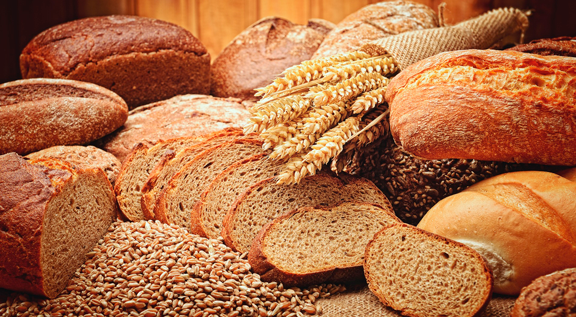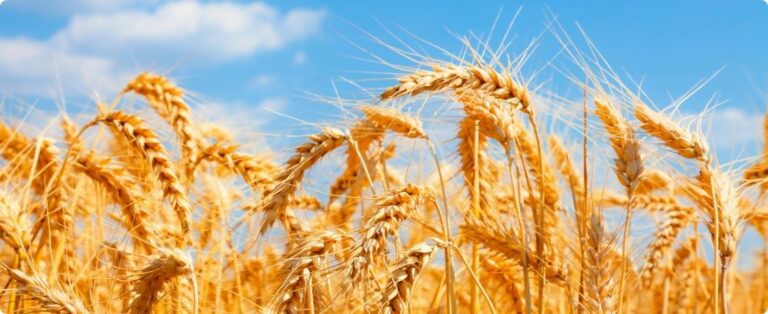
Image: Pixabay
It is perennially ranked as the world's largest wheat importer, with an annual intake of around 12.5 million tonnes. Ensuring that the import supply chain runs smoothly is of utmost importance.
Recognizing an opportunity to improve Egypt's wheat import process, the Food and Agriculture Organization of the United Nations (FAO) and the European Bank for Reconstruction and Development (EBRD) are collaborating on a project that aims to simplify and optimize the capacity of the country to import wheat.
{module Form RD}
“Bread consumption in Egypt is high – one of the highest in the world,” Dimitry Prikhodko, a senior FAO economist involved in the project since it began in 2014, told World Grain. “As the population grows, what we are seeing is that the total consumption of wheat for food and feed is increasing. “Right now we are talking about 12.5 million tonnes of wheat imports per year, but in 9 or 10 years imports will have to increase to 15 million tonnes per year just to feed the growing population.”
It is estimated that Egypt's state-owned grain buyer, the General Authority for Supply of Commodities (GASC), managed to reduce the country's wheat import bill this year by 13% due to the implementation of an integration information system that controls the management, transportation and marketing of wheat.
By: Leonardo Gottems | agrolink















